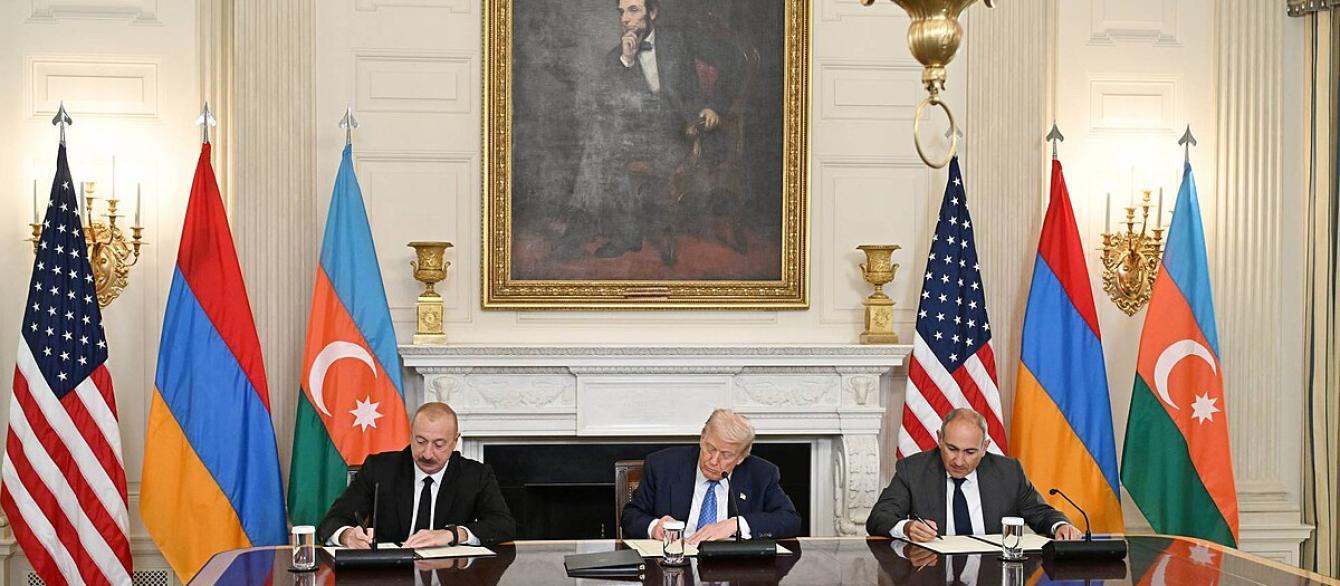The recent Armenia-Azerbaijan peace deal has the potential to reshape the geopolitics of the South Caucasus and reverberate across the wider Black Sea region. For Armenia, the agreement brings both relief from decades of conflict and uncertainty over sovereignty and security guarantees. For Azerbaijan, it signals a consolidation of regional power and new opportunities for energy and trade connectivity. The United States faces a challenge: calibrating its foreign policy to support peace and stability while balancing its response to Russian, Turkish, and Iranian influence. Meanwhile, Georgia, positioned at the crossroads of Europe and Asia, has a vested interest in how the deal will impact regional transit routes, democratic development, and its changing dynamics with the European Union.
This event brings together four perspectives—Armenian, Azerbaijani, American, and Georgian—to explore how the peace deal is reshaping regional dynamics and what it means for the future of the South Caucasus, the Black Sea, and global foreign policy.
Accessibility
The Davis Center for Russian and Eurasian Studies at Harvard University encourages persons with disabilities to participate in its programs and activities. If you anticipate needing any type of accommodation or have questions about the physical access provided, please contact us at 617-495-4037 or daviscenter@fas.harvard.edu in advance of your participation or visit. Requests for Sign Language interpreters and/or CART providers should be made at least two weeks in advance if possible. Please note that the Davis Center will make every effort to secure services but that services are subject to availability.




